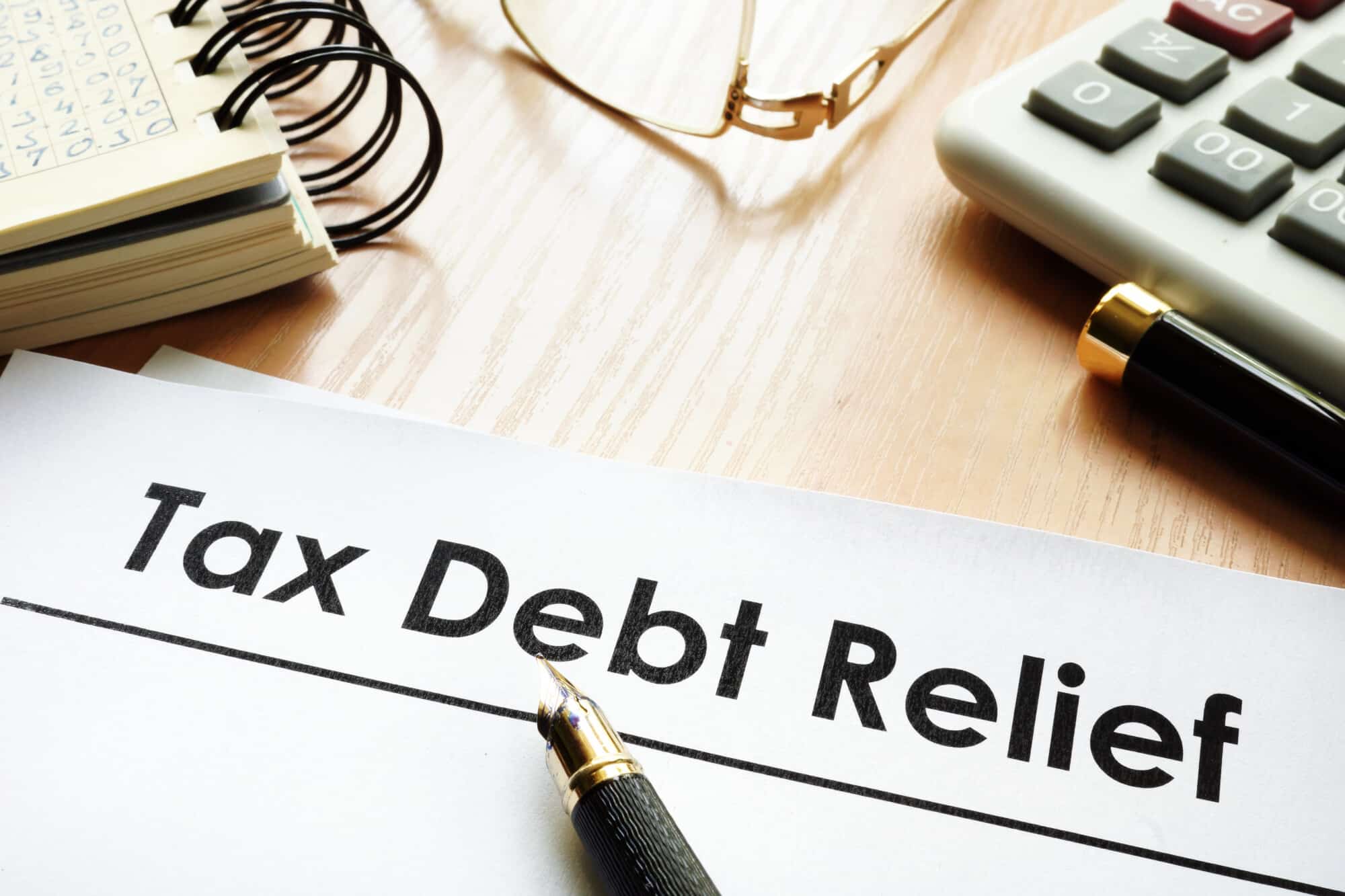
If you’re struggling with tax debts, you may be wondering if bankruptcy can help. The answer is: it depends. In this article, we’ll take a look at how bankruptcy can potentially eliminate tax debts.
The Type of Tax Debt Matters
First things first: not all tax debts are created equal. The type of tax debt you have, as well as how old it is, will play a role in whether or not bankruptcy can help.
Generally speaking, Chapter 7 bankruptcy can only eliminate income tax debts that meet certain criteria:
- The taxes must be income taxes. Other types of taxes, such as property taxes or payroll taxes, cannot be eliminated through bankruptcy.
- The taxes must be at least three years old. The clock starts ticking on the day the tax return was due, including any extensions. For example, if your 2018 tax return was due on April 15, 2019, and you got a six-month extension, the clock started ticking on October 15, 2019.
- You must have filed a tax return for the debt at least two years prior to filing for bankruptcy. If you never filed a tax return, or if the return was filed within the last two years, the debt cannot be eliminated through bankruptcy.
- The IRS must have assessed the debt at least 240 days prior to filing for bankruptcy. This means that the IRS must have done its due diligence and calculated the amount you owe.
- If your tax debts meet all of these criteria, you may be able to eliminate them through Chapter 7 bankruptcy. However, if any of these criteria are not met, you’ll likely still be responsible for the debt.
Chapter 13 Bankruptcy
If your tax debts don’t meet the criteria for Chapter 7 bankruptcy, all hope is not lost. You may still be able to eliminate or reduce your tax debts through Chapter 13 bankruptcy.
Chapter 13 bankruptcy is a type of bankruptcy where you create a payment plan to pay off your debts over a period of three to five years. During this time, you make payments to a bankruptcy trustee, who distributes the payments to your creditors.
With Chapter 13 bankruptcy, you may be able to:
- Pay off your tax debts over three to five years. This can help you avoid penalties and interest, and it can give you time to catch up on your debts.
- Reduce the amount you owe. In some cases, the bankruptcy court may allow you to reduce the amount you owe on older tax debts.
- Avoid wage garnishment or bank levies. With Chapter 13 bankruptcy, the automatic stay goes into effect, which means that the IRS must stop collection efforts.
It’s important to note that if you’ve engaged in fraudulent or willful tax evasion, you cannot eliminate your tax debts through bankruptcy. In addition, if you’ve been assessed a tax penalty for fraud or negligence, this cannot be eliminated through bankruptcy either.
Additionally, bankruptcy may not be the most ideal solution for everyone. Filing for bankruptcy can have long-lasting effects on your credit report, and it can impact your ability to obtain credit in the future.
If you’re struggling with tax debts, bankruptcy may be able to help you eliminate or reduce the amount you owe. However, it’s important to speak with an experienced bankruptcy attorney in Decatur, Alabama who can help you determine if bankruptcy is the right solution for your situation.
Remember that not all tax debts are eligible for elimination through bankruptcy, and that there may be other options available to you as well. If you’re considering bankruptcy as a solution for your tax debts, make sure you understand the criteria for eligibility and weigh all of your options before making a decision.




